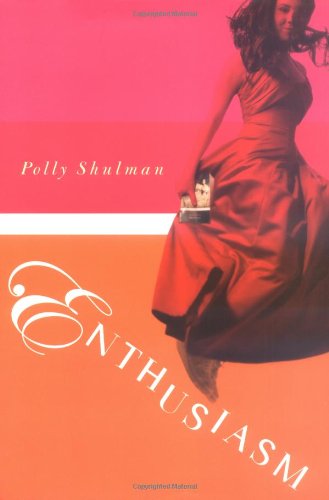Whenever I talk to people about a course I'm teaching, I always encounter the "Why aren't you teaching this text?" lists. That's particularly true of my Food Lit. and Humor Lit. courses, but it was also the case with the Modern Shakespearean Fiction class I taught for the first time this past semester. People have their own texts—whether favorites or classics—classified under that genre, and they're sometimes offended that I haven't chosen those texts for my course.
Here are three novels that often appear in conversations about modern Shakespearean fiction and a few brief comments about each of them.
 Updike, John. Gertrude and Claudius. New York: Random House, 2000.
Updike, John. Gertrude and Claudius. New York: Random House, 2000.
As an English teacher, I'm supposed to like John Updike. I mean, he's the author of the most famous rabbit books since Beatrix Potter. And I do like the rabbit books (though I actually think
The Centaur is even better). He won the Pulitzer Prize for Fiction—not once, but twice!—and he's enormously prolific.
His late novel
Gertrude and Claudius is, for me, a dud. It tells the backstory to Shakespeare's play, using bits and pieces of that play and of Shakespeare's source material for the play. Its last chapter overlaps with Act I, scene ii of
Hamlet.
But the novel is very inconsistent. Some parts read like a tale of Courtly Love (with all that that term implies), some parts have a faux Medieval flavor, all the parts about sex are thoroughly modern or post-modern, and some parts are sprinkled with inauthentic Renaissance lingo.
In short, it's not very interesting, and that's reason enough for it to be excluded from my Modern Shakespearean Fiction course.
 Burgess, Anthony. Nothing Like the Sun: A Story of Shakespeare's Love-Life. New York: W.W. Norton, 1964.
Burgess, Anthony. Nothing Like the Sun: A Story of Shakespeare's Love-Life. New York: W.W. Norton, 1964.
English teachers are also supposed to like the edgy work of Anthony Burgess. And I do—to a point.
A Clockwork Orange is a bit too much for me, but I clearly see its literary merit.
That is not the case with
Nothing Like the Sun. I've tried on numerous occasions to choke through this novel, but I find it unpleasurably difficult and unnecessarily abstruse. In fact, my disappointment at this book early in my Shakespeare studies led me to swear off Shakespeare-related novels entirely for several years.
It's not just the pseudo-Renaissance English style in which the book is written; it's also the indistinguishability of the characters. They all seem exactly the same, and they all seem as dull as ditch water.
That's a harsh, unorthodox view, but I can't imagine having much to say in a classroom about this novel. It's another one to exclude from the course.
 Steinbeck, John. The Winter of Our Discontent. New York: Viking Press, 1961.
Steinbeck, John. The Winter of Our Discontent. New York: Viking Press, 1961.
And then there's Steinbeck. He's another Pulitzer Prize winner, another prolific and well-respected author, another writer English teachers should like.
And The Winter of Our Discontent is a masterpiece of characterization, a thoughtful commentary on the modern era, a lucid depiction of small-town life, a triumph of realism.
The novel's protagonist is the scion of a once-wealth family who has taken up the profession of grocery clerk to support himself and his family. But he has Richard III-like schemes.
The novel depicts his implementation of those schemes in an interesting and suspenseful way. I'm disinclined to give the details of the schemes because, unlike the other two novels mentioned here, they are interesting and unpredictable.
I will add that I was enormously dissatisfied with the book's final chapter—but the rest of the novel was marvelous enough to merit a second reading and a great deal more thought about how that chapter works.
The novel will make an appearance in the next version of Modern Shakespearean Fiction that I teach, though I haven't yet decided whether it will be a major part of the course or an optional supplement to the reading.
I hope that answers your questions about why these texts weren't in my Modern Shakespearean Fiction course this year.
Click below to purchase the books from amazon.com
(and to support Bardfilm as you do so).




































